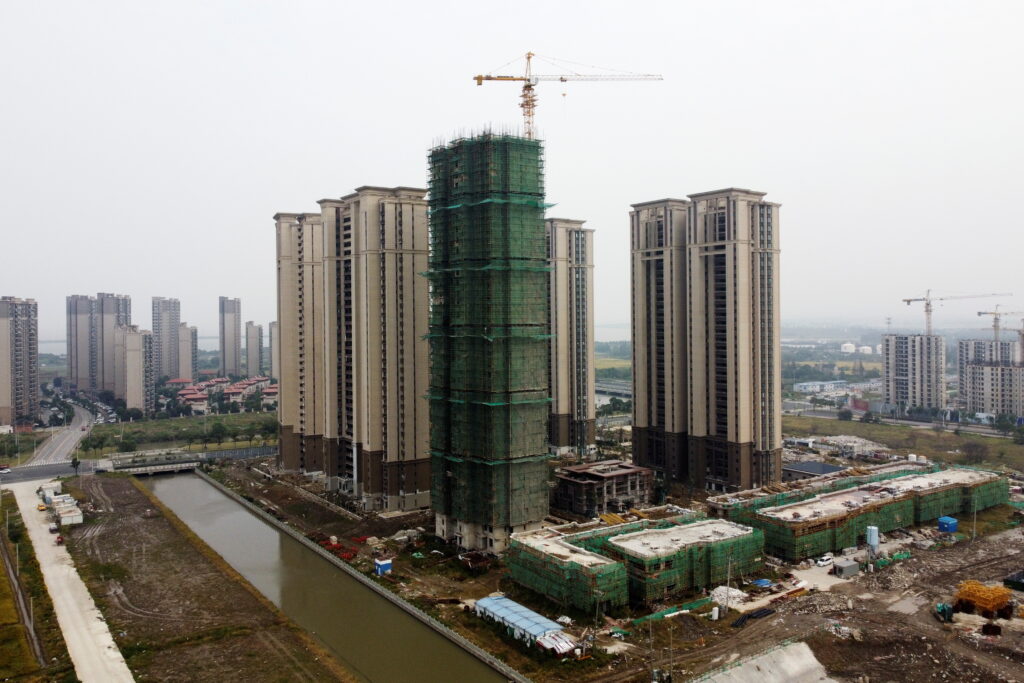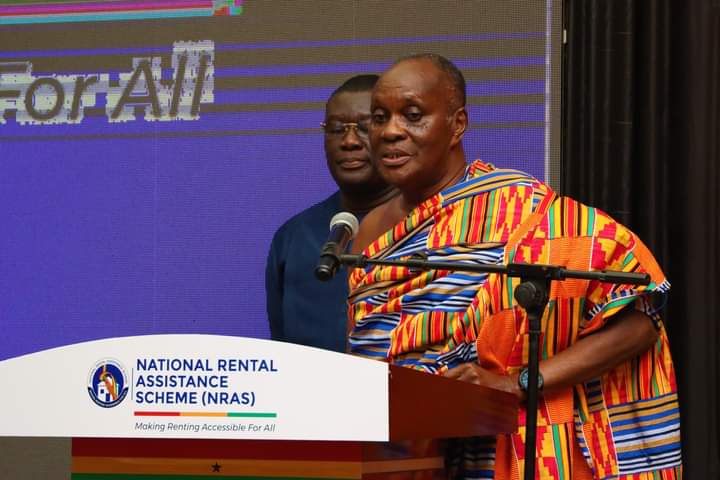China’s real estate downturn is foretold to last for years and threatens to spread throughout the region.

KEY POINTS China’s real estate downturn is anticipated to last for years, posing a threat to spread to neighboring countries.” We only anticipate a ‘L-shaped’ recovery in the real estate market in the coming years,” Goldman Sachs economists wrote in a weekend report.Tai Hui of JPMorgan told CNBC, “I believe the recovery will be slow, but I also believe there is a significant disparity between state-owned and private sector developers.”In its midyear outlook report, Morgan Stanley cautioned that continued weakness in China’s real estate market is likely to add to the country’s growth challenges. Wall Street institutions have warned that China’s real estate sector’s weakness could be a drag on the economy for years to come and could even have repercussions for countries in the surrounding region. In a weekend report, Goldman Sachs economists led by China economist Lisheng Wang said, “We see persistent weaknesses in the property sector, primarily related to lower-tier cities and private developer financing, and there appears to be no quick fix.” According to the economists at Goldman, the property market is anticipated to experience an “L-shaped recovery,” characterized by steep declines followed by a slow recovery rate. They stated, “We only anticipate a ‘L-shaped’ recovery in the real estate market in the coming years.” According to our projections, China’s property market weakness will likely be a multi-year growth decline, but it may be less severe in 2023 than in 2022. Despite evidence of recovery earlier in the year, May data revealed China’s real estate market is still struggling to recover. As the economy struggles to regain momentum following the reopening of Covid-19, market observers predict China will likely support the real estate sector through fiscal stimulus policies. The People’s Bank of China reduced its seven-day reverse repurchase rate by 10 basis points, from 2% to 1.9%, on Tuesday. This was the first reduction of this nature since August. On Tuesday, property developer Logan Group climbed as much as 4.5% and Country Garden climbed 4% as investors anticipated additional stimulus and policy easing. Goldman Sachs economists also noted that the Chinese government is expected to introduce additional housing stimulus packages to support the sector. “We believe that the policy priority should be to manage the multi-year slowdown rather than to engineer an upcycle,” the analysts said, adding that Goldman does not anticipate “a repeat of the cash-backed shantytown renovation program from 2015 to 2018.” They were referring to China’s urban redevelopment project, which intended to renovate millions of dilapidated homes over time to increase urbanization and improve living conditions. According to Reuters, the government spent approximately $144 billion during the first seven months of 2018 to compensate residents whose homes were demolished in an effort to increase home sales and prices in smaller cities with a surplus of unoccupied homes. CNBC’s Evelyn Cheng contributed to this report.
The National Rental Assistance Scheme (NRAS)

The Ghanaian government has launched the National Rental Assistance Scheme as part of its efforts to provide Ghanaians with adequate housing. The programme allows Ghanaians over the age of 18 with a valid national ID card and income-generating employment to receive a rent loan in five to ten working days. Total rent is paid to the prospective landlord of the applicant, who in turn makes a monthly payment to the National Rental Assistance Scheme. Applicants are anticipated to be evicted if they fail to comply with the monthly payment agreement. The Scheme is anticipated to be implemented nation-wide, but will be piloted in five regions: Greater Accra, Ashanti, Western, Eastern, and Bono East. Vice President Mahamudu Bawumia stated at the inauguration on the 31st of January in Accra that the five regions were “selected for the pilot program because they are the regions with the greatest rent pressure in the country.” Dr. Bawumia stated that, unlike previous policies that were frequently marred by defaulters, the National Rental Assistance Scheme is a collaboration with private investors who won’t let their investments go to waste and will use any means possible to retrieve their funds, thereby eliminating any form of political interference. In addition, he disclosed that the government, through the Ministry of Works and Housing, has introduced a measure to replace the current rent law, which was enacted more than 50 years ago and is no longer applicable. “I am pleased to inform you that the government has made significant advances with regard to the housing market and rental administration. Government, acting through the Ministry of Works and Housing, has transmitted to Parliament, for consideration and approval, a bill to replace the Rent Act of 1963, Act 220. Current population growth, urbanization, housing availability, and general trends have rendered the 59-year-old law obsolete. Furthermore, the Vice President emphasized that the passage of the rent measure will improve the rental market in Ghana and increase access to decent housing in the country. “Additionally, the passage of this Act will improve the rental market in Ghana, and the bill is currently before the legislature; if passed, it will improve the quality of service provided by the Rent Control Office.” Background For far too long, Ghanaians have been required to pay Rent Advances. Potential tenants have been asked to pay rent in advance for more than two years by landlords and property owners. Government and private developers have been unable to build enough affordable housing to meet the growth and demand for it. Currently, it is estimated that Ghana will have a shortage of approximately 5 million rooms by December 2022, assuming each room has two occupants. And it is anticipated that this deficit will worsen as the population grows and rural-urban migration persists. On the basis of these considerations, the National Rental Assistance Scheme was established to provide rent relief to the average Ghanaian renter, enabling rent payments to be made on a monthly basis, as is customary in most countries around the globe. (Source: Citi Newsroom)
2023 Commercial Real Estate Trends

Investors have pulled back, resulting in the slowest Q1 since 2013. A wide bid-ask spread still exists, complicating transactions. The banking crisis during Q1 will likely weigh on investment sales activity in Q2 as lenders tighten their borrowing standards and bulk up their reserves. However, this fractured market creates intriguing acquisition targets across asset classes. Investors can find better quality or better-located assets at attractive pricing. Cap rates remain disparate and wider in some instances than they should be, offering opportunities for active buyers.


